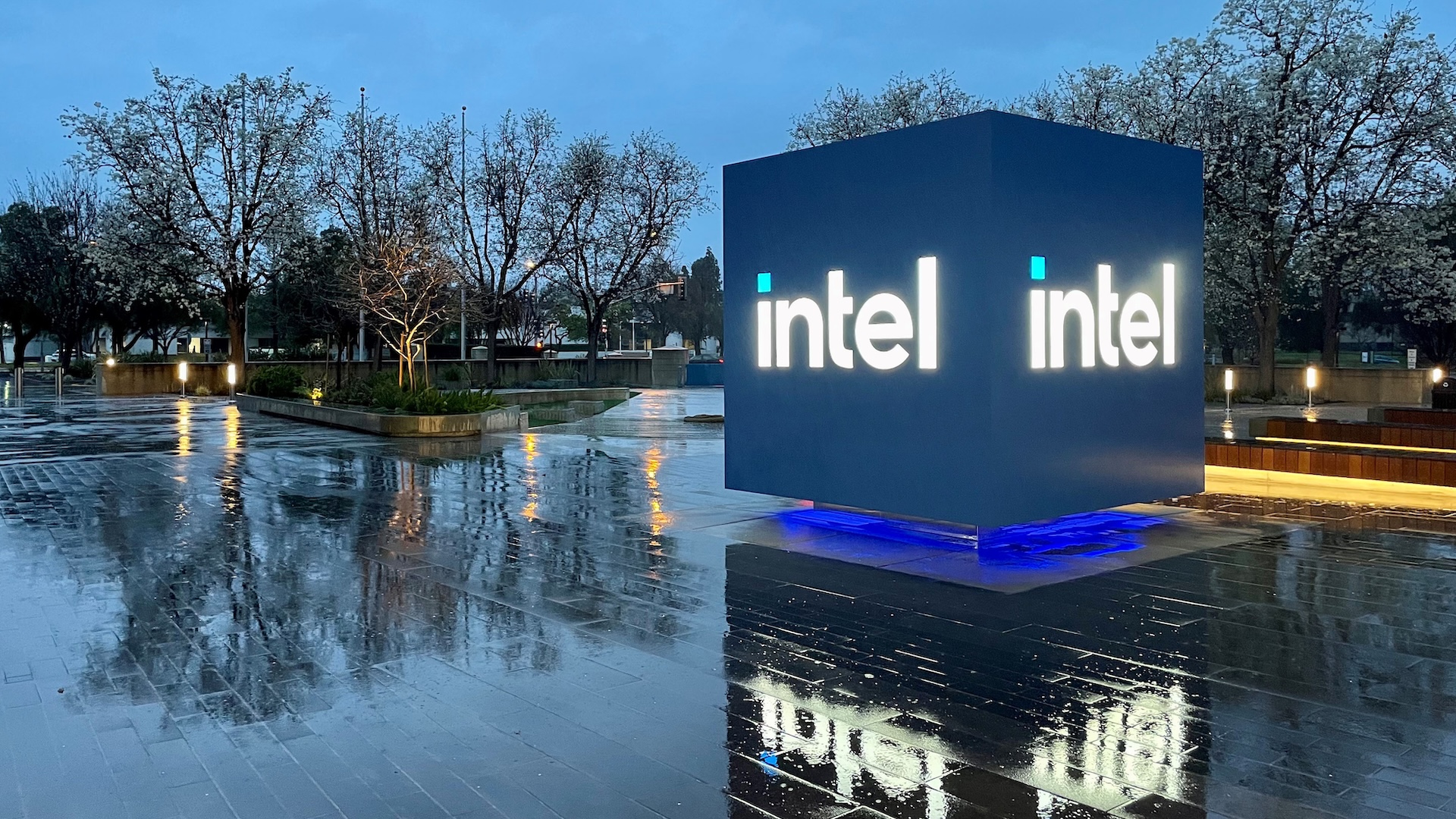Yeah it feels like they're trying to do to AMD what AMD did to them with Zen, but I'm not sure that's going to work. Intel was stuck at 4 cores for years and so AMD not being able to beat Intel in ST/low thread workloads but outpacing them in multithreaded was a genuine win for Zen 1 HEDT Ryzen/threadripper over Kaby Lake (even Coffee Lake only went to 8 cores) and by Zen 2 in AMD mobile vs Intel mobile (and then of course Zen 3 delivering the coup-de-grace by beating Intel in ST as well).
However, my understanding is the same as yours that most consumer software and workloads are still coming to grips with having 16-24 cores/effective threads available (effective thread being my own personal measure of 1.25x core count for SMT2-based cores). There are of course workloads for developers and animators which will benefit from big core counts, but Geekbench literally changed their entire MT benchmark algorithm specifically to curtail these kinds of shenanigans in the "core wars" because they felt most consumers were being oversold on systems they not only didn't need but were possibly worse. Thus, while those core wars between AMD and Intel indeed means that consumers have been primed by "big number go up" marketing, is that really enough here? Humanity often disappoints in these matters, but I'm still skeptical unless Intel can also keep the price down - maybe Intel 18A will be cheap? Like if Intel can be competitive in ST and handily win in those professional/semi-professional MT workloads while being as cheap, then I suppose you might as well go with Intel on the off chance you actually do those workloads from time to time, but I'm struggling to believe they can pull all 3 off unless Nova Lake's microarchitecture is truly impressive and 18A is magic.
I know I'm preaching to the choir here, I'm just trying to figure out if there's something I'm missing.







